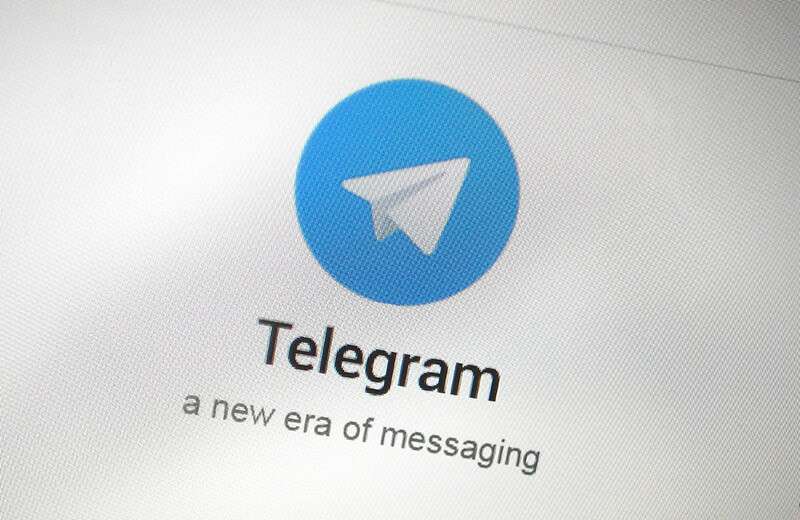The Tyranny of WhatsApp

WhatsApp's latest enhancement includes a system to ensure that the photos and videos we receive do not eat up our phone memory. That's all it can offer its more than two billion users, after 11 years in the market and six in the hands of Mark Zuckerberg. Facebook made a good deal of money for 19 billion dollars. A safe bet on a product that was already part of the lives of millions of people. Even if they abandoned the app to their fate, it would still work. More or less what they have done.
Every WhatsApp update is a disregard for the user. If we do a quick review of their version history, we can see options such as silencing chats for a year (they have taken more than three years to do this), sharing contacts from a common group (for those who know how to do this), the same update three weeks later, animated stickers (like those from Apple) or using QR to add people (for those who presume to have a Bidi). Also, enlarging videos of participants in video calls, which can now be up to eight people, visual enhancements (imperceptible), a month later they sold the video calls of eight participants again because the pandemic was pressing, the dark mode (finally), a kind of contact suggestions (which doesn't work), the privacy control to add you to groups or the limitation of content forwarding to five accounts. Perhaps these last two points are the most important thing Facebook has done for WhatsApp in the last year.

Management is a nonsense. At a time when social and work communication needs to be greatly simplified, WhatsApp focuses on trivialities that contribute nothing. Zoom, Teams or Skype could have bitten the dust in recent months if WhatsApp had developed a more complete and better managed communication system.
There has been some talk for some time now that a new upgrade will allow you to have the same WhatsApp account on multiple devices. But it's not coming. Everything it has innovated in the last six years is due to Telegram, the other instant messaging platform that lives in the shadow with its 200 million users. There is not a day when a Telegram user receives a notification that a contact from their address book has opened an account in the Russian app. From March onwards, Telegram has grown exponentially. Many downloads, but users do not take the step to use it on a daily basis. It's hard to leave the WhatsApp environment when everyone is talking about it. All ages have found in the green icon a simple social network. Write, send videos or photos, audio notes and share status. Telegram forced WhatsApp to open the way for sending Word and PDF files, but they didn't go any further.
WhatsApp Business is an extension of Facebook's business division. Everything that the social network offers the business world was supposed to have an outlet on WhatsApp. The app leaves a lot to be desired and has that smell of censorship when what you share is not something harmless like clothes or cakes. The great thing about WhatsApp Business is that users with two lines on their mobile can also have two WhatsApp accounts. The trap as a solution. Something impossible otherwise and which Telegram has much more standardised.

Telegram's reputation is not enough to open users' eyes. It is not a privacy issue. Both platforms are secure, within which everything that passes through the internet is exposed, even if we are sold the opposite. It is a problem of habits and routines. Many media, political parties, personalities... have their own Telegram channel. Something they cannot do on WhatsApp. A forum for meeting without limitations with its readers or its followers. A direct way to interact with them without that 256-user limit of the WhatasApp mailing lists. Send messages, edit them, attach data, make groups by subject, schedule posts... except make video calls. Something that Telegram has not worked on.
From Podemos to Vox. Politics has found a good ally in Telegram. The eyes of others do not scrutinise the content so much. Privacy is enhanced a little by messages that self-destruct to leave no trace. An ID card or account number can pass through Telegram and disappear, while the WhatApp stays and has always been difficult to delete. There are no certainties, but at least there are intentions. The oasis of freedom is also used with bad intentions. Telegram has had to be used to deactivate and denounce groups that engage in all kinds of illegal practices.

The computer version of the two social networks is evidence that WhatsApp is lost on its audience, or at least does not want to open up to new users. The Facebook app is just a copy of the mobile version, even with fewer options. Send, receive, read and attach files with the ease of a computer. Telegram worked more on its desktop version to move everything it is capable of doing on mobiles or tablets. The Telegram user has their accounts on the tablets and on the mobiles and computers they use, with an adapted application, while WhatsApp makes a multi-device experience impossible.
We have fed WhatsApp to such an extent that we are unable to assume that there is a better application. Even if that app doesn't improve over the years, we are still obsessed with using it and adapting its shortcomings to our use.








